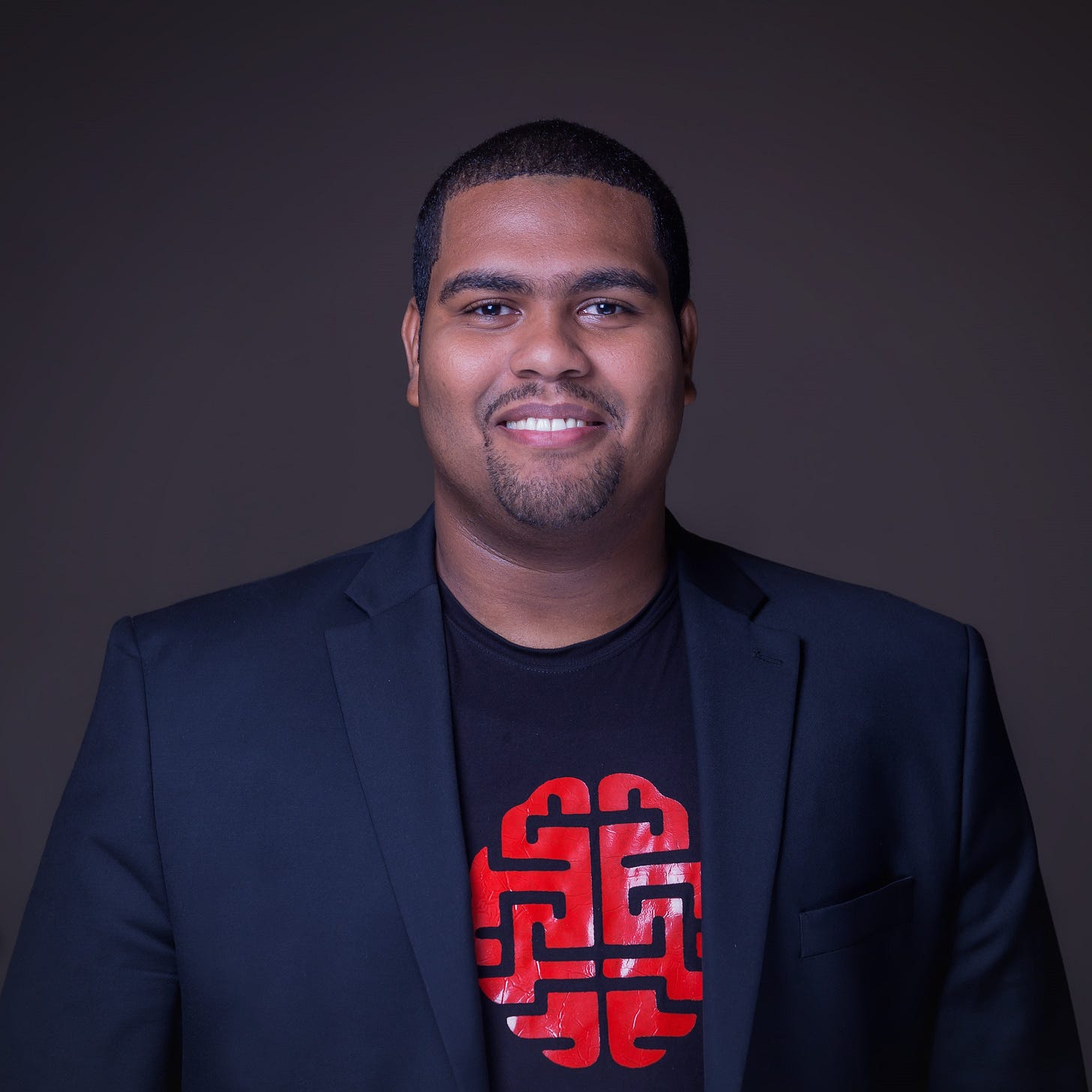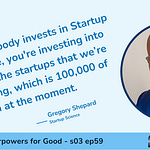Originally, I produced this post for Forbes in 2018. During my recovery, I’m sharing it again to refocus a bit of attention on strategies for impact in Haiti.
Resenting the prevailing narrative about poverty in Haiti, Marc Alain Boucicault, 30, a Fulbright Scholar, and a former economist for the World Bank and Inter-American Development Bank, is putting his experience to work as a social entrepreneur, hoping to change the story and the economy.
Boucicault recently launched Haiti’s first coworking space for technology entrepreneurs in Haiti. He kicked off Banj, as he calls the new venture, with a tech conference that included representatives from Facebook and Google. He hopes to see technology infuse the traditional economy, giving more farmers and business owners access to international markets, eventually narrowing the country’s overwhelming trade deficit.
Banj already has 100 members with four of 13 available offices rented—and it’s profitable, according to Boucicault. He’s built the business with sponsorships rather than loans or equity. The members and tenants cover the infrastructure costs, and the partners fund program costs.
The business sprang directly from Boucicault’s experience as an economist. “As a young economist, I was frustrated by writing about the macroeconomics of Haiti, marked by a negative real growth over the past 30 years. I saw hope in the young entrepreneurs I was meeting every day but knew there was a long way to go before they can bring a change to the economy. I knew that, if one day, I could find a working model to help, I would want to go and do that full time,” he says. Now he has.
Christine Souffrant Ntim, a Forbes 30 Under 30 winner and founder of the Haiti Tech Summit, hosted her Haiti Tech Summit at Banj on April 26, bringing Facebook and Google to Haiti. She is excited about the impact it will have on the country. “It serves as a true example of entrepreneurial leadership,” she says.
She notes that basics like internet access and electricity remain challenges for many entrepreneurs, and Banj solves that problem for entrepreneurs, allowing them to focus on their projects. In addition, Banj provides entrepreneurs with access to experts and mentors.
She also notes that Banj has made so much progress so quickly that it is changing the perception of what is possible in Haiti. “Within a year, Banj has been a partner or space for Google, Facebook, Startup Grind Port Au Prince, Hult Prize Haiti and more.”
Haiti’s history is difficult. The CIA’s World Fact Book describes Haiti as the poorest country in the Western Hemisphere. The indigenous Taino people were nearly wiped out by Spanish settlers within 25 years of Columbus landing on the island. More recently, exports have not yet recovered to pre-earthquake levels, and the country continues to run a large trade deficit.
“But that’s the narrative we’re trying to change. We want people to see Haiti differently,” says Boucicault. From his perspective, technology has the potential to enable even the most basic industries in Haiti to grow. For instance, the agricultural sector can increase output and exports by getting help from technology.
His strategy is to pair the “traditional rich Haitian bourgeoisie who have access to assets, have access to capital and combine them with the lower, middle-class Haitian who doesn’t have access to capital, doesn’t have access to money but have access to ideas.”
There is no question that Haiti needs a new narrative. Here’s hoping that the story Boucicault wants to write in its place proves to be nonfiction.














